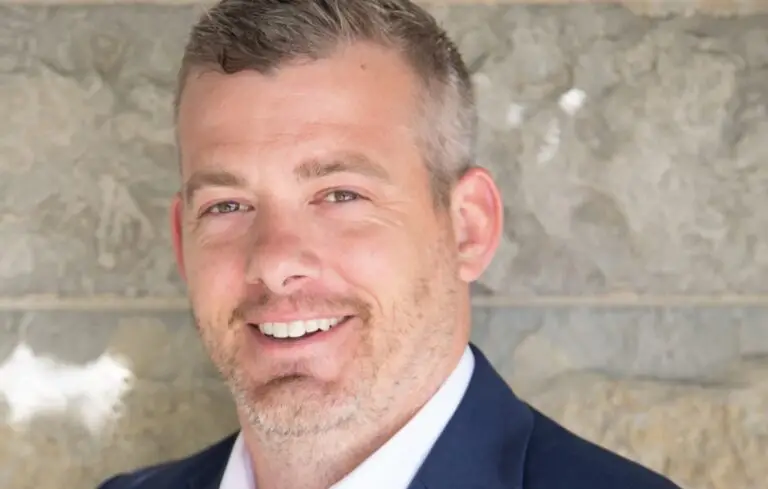By now, your people are adapting to the temporary COVID-19 working conditions and/or shutdowns. Whether they are working remotely or social distancing in factory and other settings, there is a danger of rapid declines in productivity, customer service and experience, morale and overall team performance. The longer the stretch, the greater the potential for declines. Here are some proactive steps to take to bolster productivity and morale.
Daily checklist for communication during the crisis:
1. Be visible and vocal
Leaders and managers must be seen and heard often. Embrace Zoom and other technology to make sure your people see you every day (or more when warranted). Silence is not golden; even small updates matter, particularly during a crisis. Prioritize 1:1 and team meetings and check-ins to ensure benchmarks are being met.
2. Be transparent
All three main constituencies—employees, customers and investors—are looking for answers, many of which you cannot possibly have. During this period of unknowns, it is critical for leaders to take a consistent, calm tone and measured actions when it comes to longer-range plans. Transparency, even when information is fluid, is a key component of maintaining trust.
Think like a reporter and provide constituents the who-what-when-where-why, so they don’t fill in the blanks themselves with rumors.
Use language such as:
“Here are the actions we have taken…”
“Here is how this will affect you/your team…”
“This is why we are handling it this way…”
“This is when it will go into effect…”
3. Be confident
It is natural to become hyper-focused on navigating the volatility. If your employees, investors, and customers trusted your leadership a month ago, then convey to them that they should continue to trust you now. Staying focused on what can be done, not what cannot, from all managerial levels, creates a more productive environment.
4. Be real
WFH and makeshift conditions are not pretty, or smooth. If you are jockeying for internet bandwidth at home with your spouse and kids, who are all also working there, share that too. Employees want to know you’re in this trench with them.
5. Be flexible, but set expectations
Be clear on essential daily productivity benchmarks, but be empathetic & flexible with company policies. Crisis WFH conditions present logistical and emotional challenges. Tensions can rise quickly where any combination of family are all in the home during work (spouses, younger children, or college-age students who have returned from campus for the semester, and elder care concerns are all stressors).
6. Morale matters – give them some control
Morale is not “nice to have” in uncertain times, it is essential. People feel most anxious when they have no control. (Look no further than bare store shelves for an example). Give people the ability to have small victories in what they can control, such as the ability to support staff members who are severely impacted with meals, supplies, or other assistance. Provide a portal for employees to share WFH hacks and mishaps. Patience and a sense of humor are needed for all.
7. Give back
Be good corporate citizens, both internally in the organization, and externally. Companies that can, should pitch in, a) because it is the right thing to do and b) the good will it generates is far better than any advertising a brand can buy. Share this news internally and externally, which can bolster morale and organizational pride.
8. Instill a thrive mentality and message
Scrappy teams produce results because they work with what they have, often against much larger opponents, including a crisis. They communicate well and they look for opportunities to score and cover each other’s blind spots.
Foster a mindset of scrappy, problem solving thinking:
When business is far from “as usual” it is easy for some employees to think in terms of “yes, but…we can’t do this or that now.” This is a tough situation for literally everyone. Challenge your teams to bring you “yes, and… this is what we can do instead” solutions instead of excuses. It is a subtle shift (that I learned from an improv expert) that can change thinking from reactive to proactive; to look for new opportunities created by the crisis. Challenge them to find a new way around any roadblocks.
Your workforce post COVID-19
This crisis will be temporary, but the effects will be longer lasting. It may forever change how some businesses operate (travel, tourism, events, et al). New processes and perhaps new technology will need to be created as a result. Personnel needs will change because your original 2020 strategic plans have been sidelined. New plans will evolve, including new opportunities post-crisis.
At that point, having the right people in place to execute on those new plans will accelerate a path to normalcy. Doing less with more may become the norm for some organizations.
Consider investing in:
• predictive people analytics to gain insight into the skillsets you will need to hire and already within your organization to embrace new or revised roles;
• learning platforms to upskill or re-skill workers;
• coaching and training for new and promoted managers; and
• communication and engagement technology to help diagnose and identify the health of the organization in real time.
Now and in the future, remember that communication is a dialogue. Listen closely to your team, be proactive, and remind them that you’re still this together.






